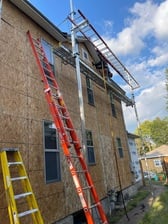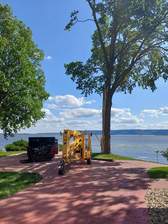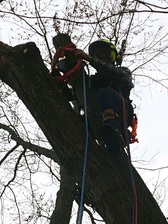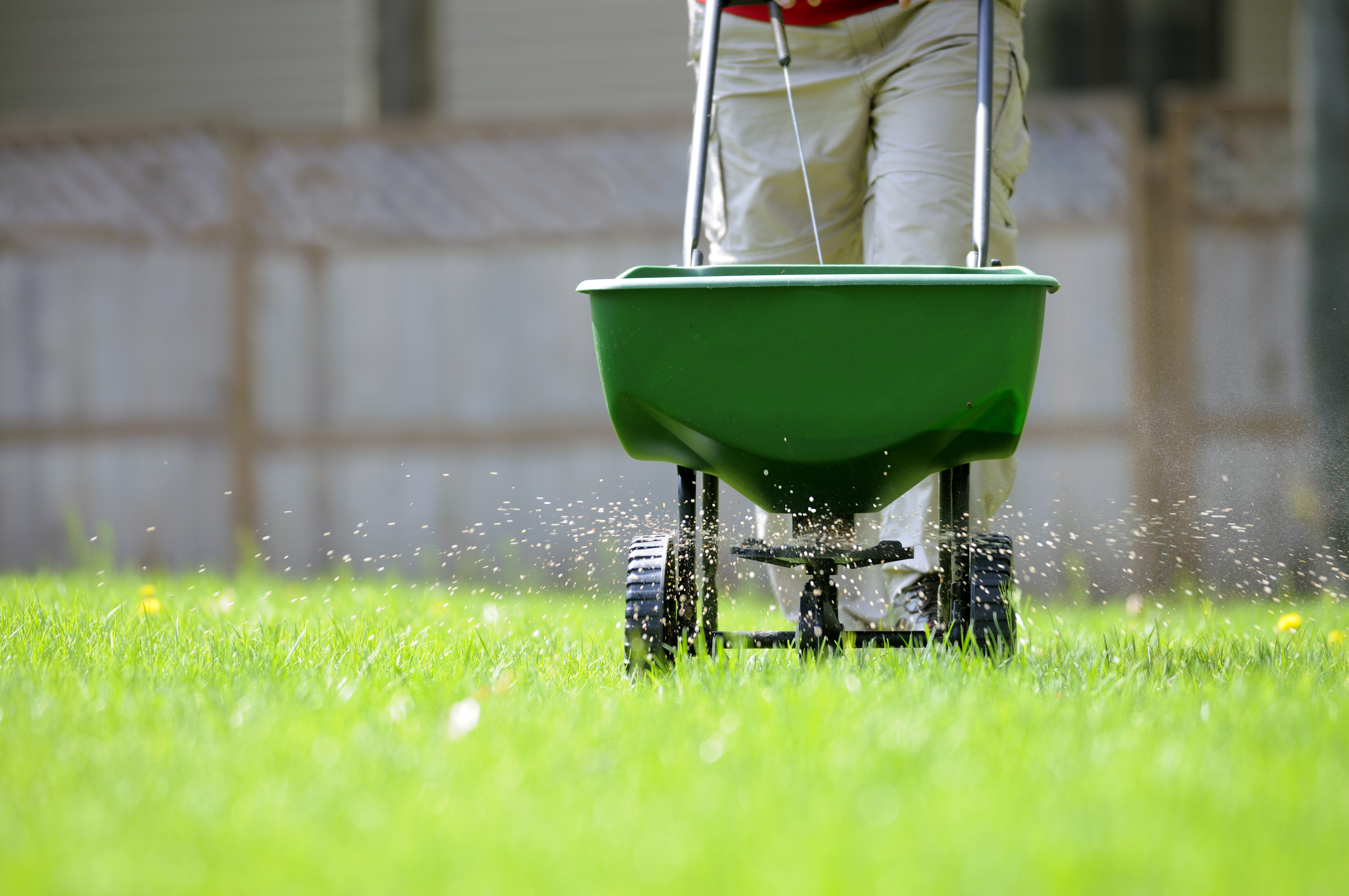
Get matched with top lawn fertilization and treatment specialists in Genoa, WI
Enter your zip and get matched with up to 5 pros
Need a pro for your lawn fertilization and treatment project in Genoa, WI?
Verified Reviews for Lawn Fertilization And Treatment pros in Genoa, WI
*The Angi rating for Lawn Fertilization And Treatment companies in Genoa, WI is a rating based on verified reviews from our community of homeowners who have used these pros to meet their Lawn Fertilization And Treatment needs.
*The HomeAdvisor rating for Lawn Fertilization And Treatment companies in Genoa, WI is a rating based on verified reviews from our community of homeowners who have used these pros to meet their Lawn Fertilization And Treatment needs.
Last update on December 13, 2025
Find Lawn fertilization and treatment specialists in Genoa
Paul Swartz Nursery
Paul Swartz Nursery
Landscape design & installation, retail & wholesale nursery, plant health care, snow & ice removal & control.
Landscape design & installation, retail & wholesale nursery, plant health care, snow & ice removal & control.
Weed Man Lawn Care
Weed Man Lawn Care
Additional contact names - Tammy Korlesky, Andy Kurth, Ben Halfen. Local independently owned & operated. Additional DBAs - Future Retirement Inc, Weed Man Milwaukee, Weed Man Fox Valley, Weed Man Madison. Additional email - [email protected]. Independently owned & operated.
"We had decent service until this summer. They put pesticide on our new sod and new seed and killed the grass. Customer service verified they were told NOT to treat it. It took 2 weeks for a manager to view our lawn. They then refused to take responsibility to rectify our ruined lawn. It had cost us $3500 and hours of watering and care. Now we will have to have it redone next spring. We have had no reply to a letter and photos taken to the office."
Diane W on August 2022
Additional contact names - Tammy Korlesky, Andy Kurth, Ben Halfen. Local independently owned & operated. Additional DBAs - Future Retirement Inc, Weed Man Milwaukee, Weed Man Fox Valley, Weed Man Madison. Additional email - [email protected]. Independently owned & operated.
"We had decent service until this summer. They put pesticide on our new sod and new seed and killed the grass. Customer service verified they were told NOT to treat it. It took 2 weeks for a manager to view our lawn. They then refused to take responsibility to rectify our ruined lawn. It had cost us $3500 and hours of watering and care. Now we will have to have it redone next spring. We have had no reply to a letter and photos taken to the office."
Diane W on August 2022
Christen Farm Nursery
Christen Farm Nursery
Christen Farm Nursery has a beautiful garden center with large trees, beautiful shrubs and perennials. Our spring annual baskets are known to be the best in the area. Our employees are knowledgeable and helpful.
Christen Farm Nursery has a beautiful garden center with large trees, beautiful shrubs and perennials. Our spring annual baskets are known to be the best in the area. Our employees are knowledgeable and helpful.
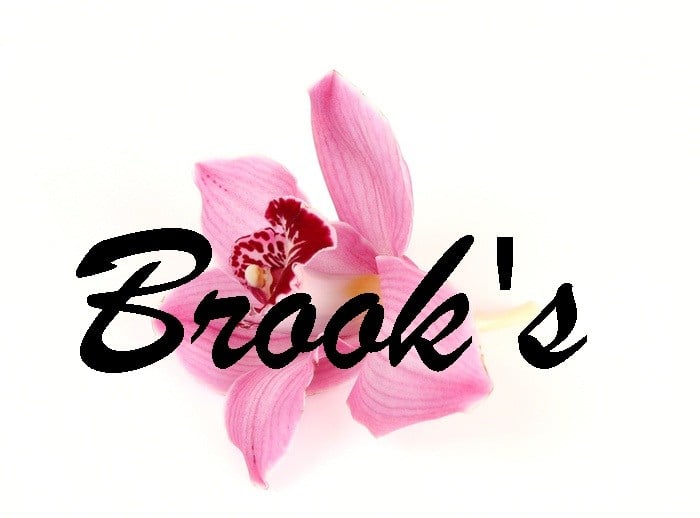
Brook's
Brook's
Brook's is a medium sized, family owned company that offers large company services at small company prices.
Brook's is a medium sized, family owned company that offers large company services at small company prices.
Absolute Home Services
Absolute Home Services
Complete Home Remodeling, Repair, & Maintenance. Commercial & Residentail *Check Us Out On Facebook*
Complete Home Remodeling, Repair, & Maintenance. Commercial & Residentail *Check Us Out On Facebook*
FAQs for lawn fertilization and treatment projects in Genoa, WI
The cost to reseed or overseed a lawn is about $1,050 on average, ranging from $450 to $1,700, depending on lawn size, seed type, and location. Popular seed types for residential lawns include bahia, fescue, and Bermuda. Keep in mind that it costs $0.10 to $0.20 per square foot to seed or overseed a lawn. Additional cost factors may include:
Fertilization: $80–$400
Soil testing: $700–$2,100
Yard cleanup and leaf removal: $200–$560
Treating weeds: $110–$325
Mowing: $50–$210
On average, the cost of lawn fertilization is $250, ranging from $80 to $400, depending on the size of the lawn, its current condition, additional treatments, number of applications, fertilizer type, and location. Keep in mind that labor, tools, and equipment make up 80% to 90% of the total cost of lawn fertilization. Additional lawn treatment options include:
Lime treatment: $100–$150 per 1,000 square feet
Crabgrass treatment: $30–$80
Grub treatment: $30–$80
Mulching: $150–$400
Dethatching: $265–$295
The frequency with which you should fertilize your lawn depends on its overall health. Healthy lawns with healthy soil may only need to be fertilized annually. On the other hand, you may need to fertilize lawns with shallow roots, poor soil, or neglected or over-fertilized every six weeks. To determine the best fertilizing schedule for your lawn, consider hiring a professional lawn fertilizing service and consult them about recommended frequency based on your lawn’s health.
Lawn aeration costs between $75 and $350 on average, depending on the size of the lawn, aeration type, slope of the lawn, soil type, lawn prep, and location. Keep in mind that it costs an average of $0.10 to $0.35 per square foot to aerate a lawn that’s less than 1,000 square feet. Different types of lawn aeration include:
Spike aeration: $85
Core aeration: $200
Liquid aeration: $75
Whether organic or synthetic fertilizers are better for your lawn depends on your goals, budget, and plans for other lawn treatments. Organic fertilizer costs more but is likely to benefit your lawn more in the long run by improving the soil as well as feeding your grass. Synthetic fertilizers get faster results but don’t enrich the soil and may contaminate nearby bodies of water if you live on a shoreline. A hybrid fertilizer may be an option to give you the benefits found in both organic and synthetic fertilizers.
The Genoa, WI homeowners’ guide to lawn fertilization and treatments
From average costs to expert advice, get all the answers you need to get your job done.
 •
•Discover the cost to fertilize your lawn, including average prices, key factors, and tips to help homeowners budget for a lush, healthy yard.
 •
•Discover average lawn aeration cost, key price factors, and tips to save. Get a clear estimate for your yard and learn how to choose between DIY and hiring a pro.
 •
•Discover average hydroseeding cost, key price factors, and ways to save. Get transparent estimates for your lawn project and make informed decisions for your home.

When your grass keeps dying where a tree used to be, it’s likely because there is a nutrient deficit in the soil in that area. Here’s how to fix it.

Brown patches on your lawn may occur for several reasons, including lack of sunlight and overfertilization. Learn how to treat and prevent patches.

Grass seeds thrive in soil rich in nutrients, but a potting mix will not support your grass’ long-term health. Find out which type of soil is best for grass.
- De Soto, WI Lawn fertilization and treatment specialists
- Stoddard, WI Lawn fertilization and treatment specialists
- Lansing, IA Lawn fertilization and treatment specialists
- Coon Valley, WI Lawn fertilization and treatment specialists
- Ferryville, WI Lawn fertilization and treatment specialists
- Viroqua, WI Lawn fertilization and treatment specialists
- La Crosse, WI Lawn fertilization and treatment specialists
- La Crescent, MN Lawn fertilization and treatment specialists
- Westby, WI Lawn fertilization and treatment specialists
- Spring Grove, MN Lawn fertilization and treatment specialists
- Onalaska, WI Lawn fertilization and treatment specialists
- Waukon, IA Lawn fertilization and treatment specialists
- West Salem, WI Lawn fertilization and treatment specialists
- Readstown, WI Lawn fertilization and treatment specialists
- Bangor, WI Lawn fertilization and treatment specialists
- Cashton, WI Lawn fertilization and treatment specialists
- Gays Mills, WI Lawn fertilization and treatment specialists
- Soldiers Grove, WI Lawn fertilization and treatment specialists
- Eastman, WI Lawn fertilization and treatment specialists
- Holmen, WI Lawn fertilization and treatment specialists
- Rockland, WI Lawn fertilization and treatment specialists
- Viola, WI Lawn fertilization and treatment specialists
- La Farge, WI Lawn fertilization and treatment specialists
- Rushford, MN Lawn fertilization and treatment specialists
- Trempealeau, WI Lawn fertilization and treatment specialists
- Mabel, MN Lawn fertilization and treatment specialists
